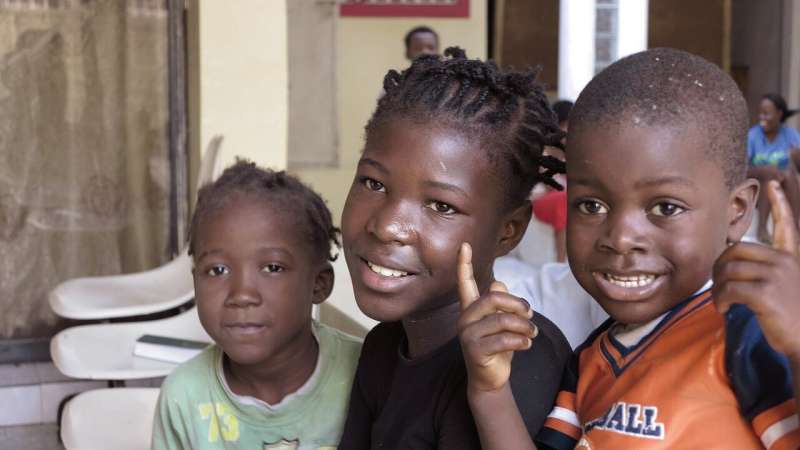Refugees in Australia resilient during pandemic, but digital inclusion and family separation remain problems

Newly arrived refugees in Australia have been resilient in the face of the COVID-19 pandemic, a new research report has found launched by Settlement Services International and Western Sydney University on 16 August.
Despite this resilience, the research, titled "Insights on newly arrived refugees: Family separation and reunion during the pandemic," highlights areas of concern related to prolonged family separation, digital inclusion and gaps for refugee women.
Lead author Dr. Sukhmani Khorana, Institute for Culture and Society, emphasized the importance of the new findings as part of the third phase of the Foundations for Belonging research project.
"The report provides vital and timely evidence for policymakers so that family reunion visas can be improved, and for services providers so that settlement programs can include digital inclusion as a priority," said Dr. Khorana.
"Importantly, this latest research project with Settlement Services International provides in-depth insights into the difficulties that newly arrived refugees in Australia faced during COVID-19 lockdowns and border closures."
Conducted from 2019 to 2021, the research provides a window into how refugees navigated the pandemic and found refugees' positive feelings about their local community and neighborhood remained strong.
In the latest survey, the very high levels of trust in government and the police are sustained despite the stringent restrictions imposed from mid-2021 in Western and South Western Sydney, where most refugees who participated live.
Despite reporting COVID-19-related difficulties and hardships, the data from 2021 does not signal any fracturing of refugees' sense of welcome and belonging in Australia due to the pandemic.
Yet, compared to the general Australian population, it was found that refugees experienced greater financial stress during the pandemic and struggled more than the rest of the Australian community to pay for the necessities of life. In addition, the report documents impacts arising from prolonged family separation, which heightened psychological distress among refugees.
Foundations for Belonging 2022 reports on a third phase of research carried out with newly arrived refugees in Australia. As with the two previous phases, it explores refugees' social connections, their access to rights and fulfillment of responsibilities.
Data in the latest phase was collected in surveys (314) and family interviews in late 2021, at a time when major COVID-19 restrictions on daily life had eased but international border restrictions were still in place.
More information: Report: www.ssi.org.au/images/FFB/FFB_ … andemic_Snapshot.pdf
Provided by Western Sydney University




















